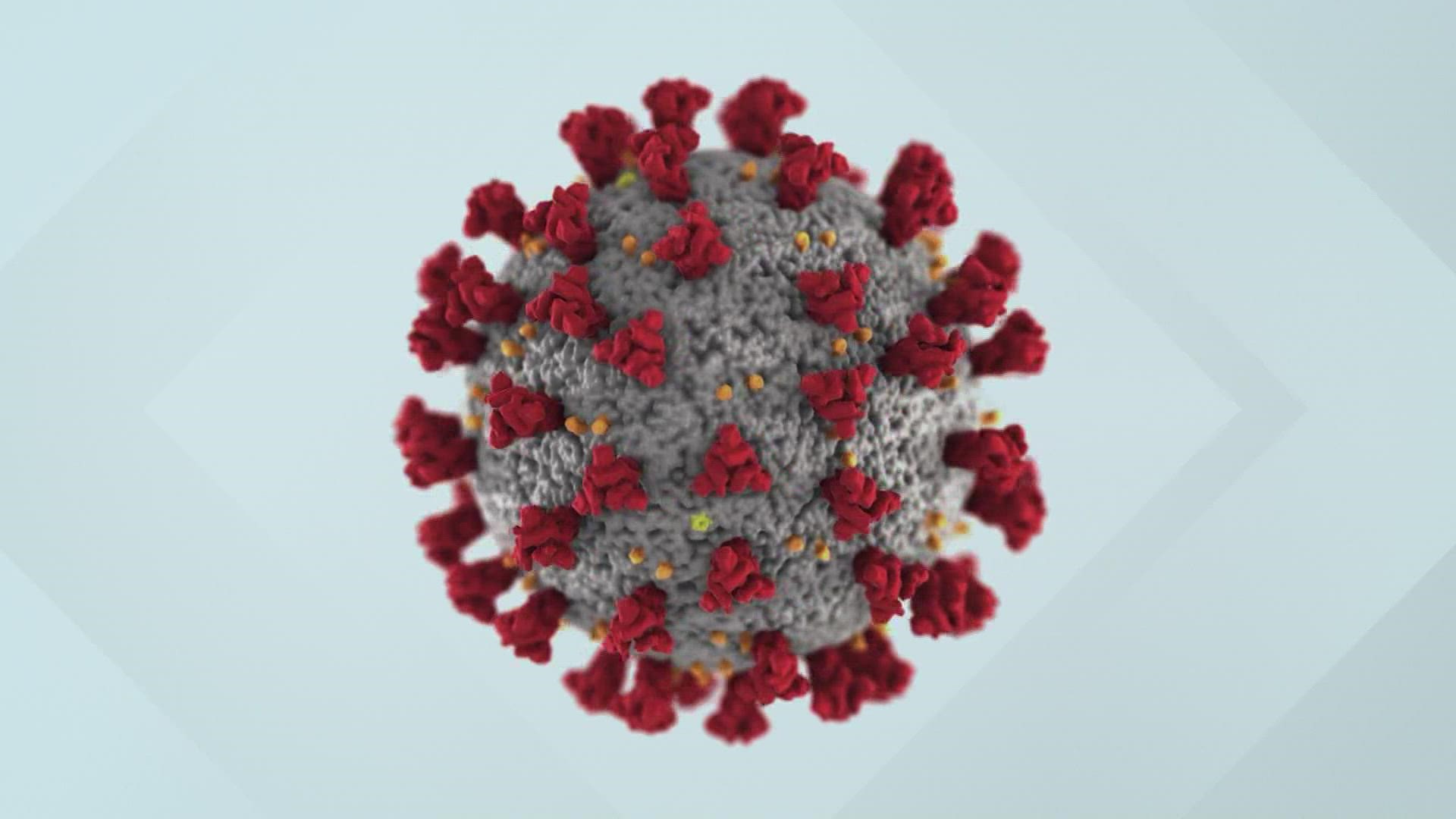BANGOR, Maine — The Omicron variant of COVID is the dominant strain circulating in Maine right now.
Its subvariant, BA.5, made up more than 1 in 4 of all cases the Maine CDC sent for genomic sequencing in June.
Dr. James Jarvis, senior physician executive for Northern Light Health, said the World Health Organization is looking at BA.5 as possibly being more infectious than measles, the world's most infectious virus.
1. BA.5 can evade immunity
While the symptoms of BA.5 are similar to the previously reported symptoms of COVID-19, the mutation can evade the protection people have from vaccines, or recovering from COVID itself.
"Particularly those who are up-to-date on their vaccines for whatever their recommended boosters are, they continue to protect you from severe disease, hospitalization, and death, and those are the most important things," Dr. Jarvis said. "I think it's a word of caution for us that while, right now, relatively low numbers [are] out there, [there's] still certainly spread of disease in our communities. But it may look like, at the end of the summer, maybe [the] beginning of the school year could be a tough time for us."
2. Expect to get a second booster shot
Right now, vaccine makers are tweaking their formulas to target the omicron variant. Jarvis said there is no official recommendation yet for a second booster for anyone under age 50. Only those 50 and older, or those with compromised immune systems, should get a second booster, according to the U.S. CDC.
Jarvis hopes boosters will become less frequent but expects the federal government will recommend them.
"Specifically the virus that causes COVID ... it mutates at a rate much faster than other coronaviruses in a way that makes it ... more and more transmissible," Jarvis said. "With the way these mutations are going, science has to catch up to the mutation. And often that means that the virus is actually faster than we are at developing things."
He expects the boosters will become like flu shots, which change each year as the strain of the virus mutates.
3. Treatments can prevent worse outcomes
Jarvis said anyone who tests positive for COVID should tell their doctor immediately. The pervasive use of at-home rapid tests means many results do not get reported to state public health agencies, which leads to an under-reporting of true case totals.
Jarvis said Maine has an ample supply of Paxlovid and other treatments to prevent people with COVID from ending up in the hospital or worse.
"Have a plan for if you test positive, how you're going to get that out. Because it is a very time-limited situation for the treatment, but Paxlovid, the oral medication, works very, very well, and is incredibly efficient for keeping you out of the hospital."

